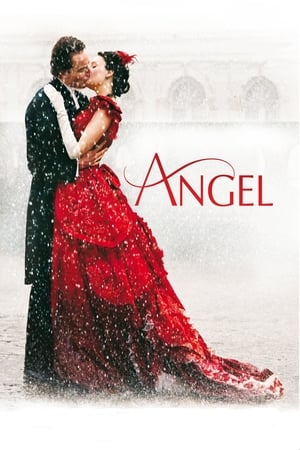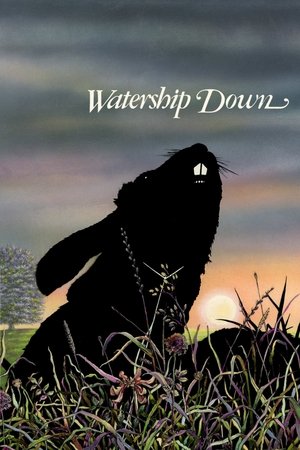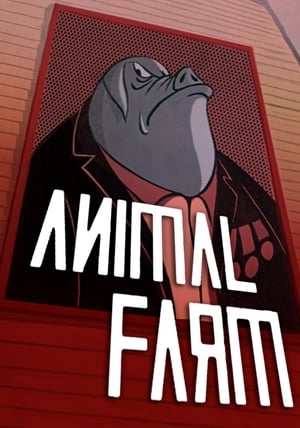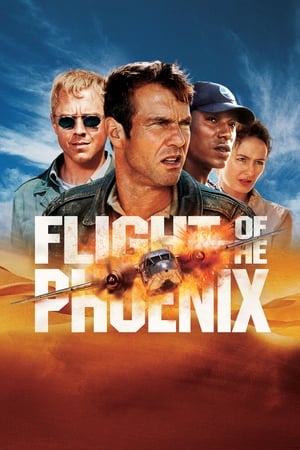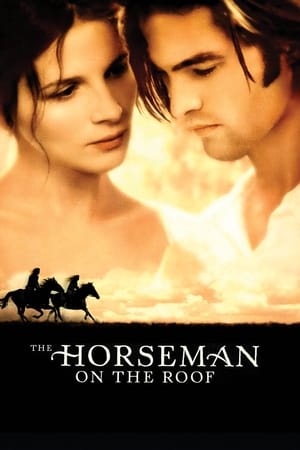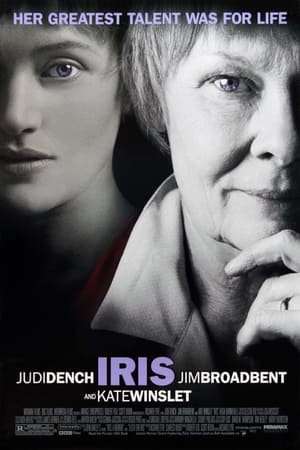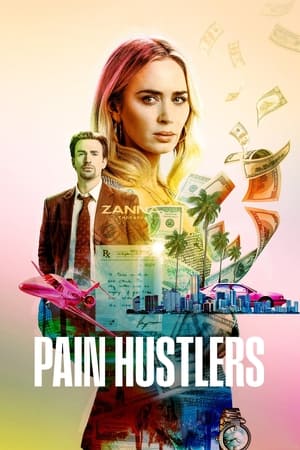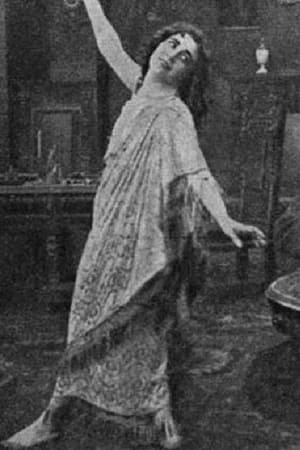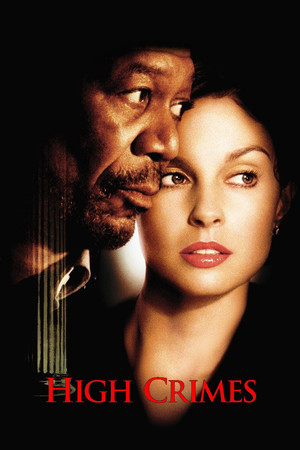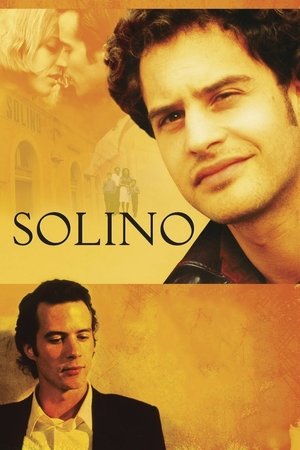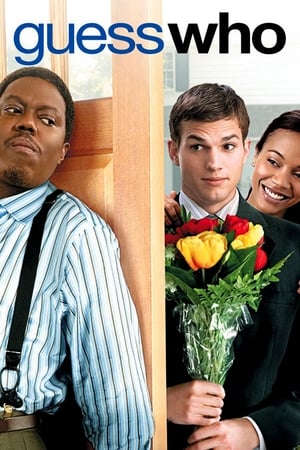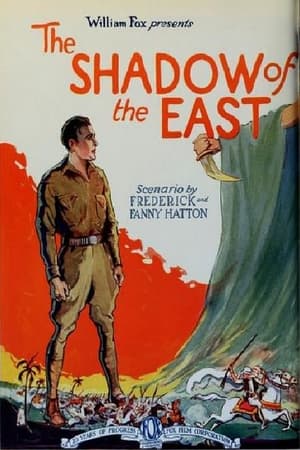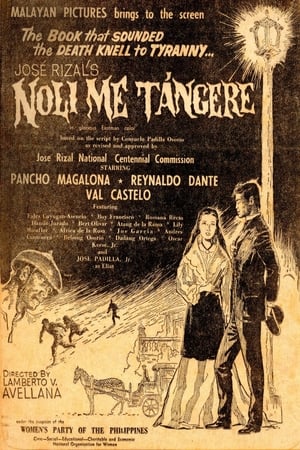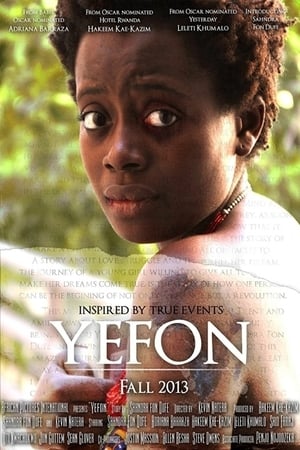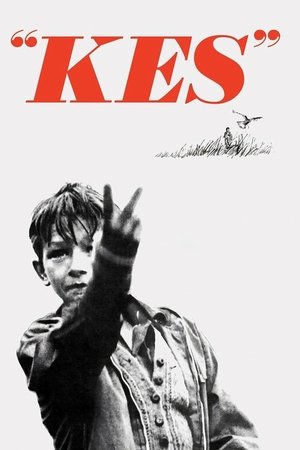Overview
A philistine in the art film business, Jeremy Prokosch is a producer unhappy with the work of his director. Prokosch has hired Fritz Lang to direct an adaptation of "The Odyssey," but when it seems that the legendary filmmaker is making a picture destined to bomb at the box office, he brings in a screenwriter to energize the script. The professional intersects with the personal when a rift develops between the writer and his wife.
Reviews
Jack Palance is ideally cast here as the Hollywood producer ("Prokosch") who has commissioned the legendary director Fritz Lang to breathe a last breath of life into the once thriving peplum genre with an adaptation of Homer's "Odyssey". He sees the rushes, and aside from a little nymph swimming in the nude, is unimpressed. Solution? Draft in accomplished playwright turned screenwriter "Paul" (Michel Piccoli) to liven things up. $10k is his fee and that will be enough to complete the renovations on the flat he shares with wife "Camille" (Brigitte Bardot). Thing is, though, as he starts to become more engaged with the film, his previously loving marriage starts to hit the skids. "Camille" is now distinctly off with him and even flirting with their new boss. Things all come to an head when they travel to Capri for the filming before a Parisian tragedy strikes. Now this is, indeed, a beautiful film to look at. The frequently naked Bardot, the glorious scenery and quite an interesting look behind the scenes at the now collapsed CineCittà studios that well illustrated the former greatness of this industry as effectively as the Coliseum does for the now faded greatness of Rome. The story - well that's quite another matter. I found it to be contrived and bitty. Their arguments come from nowhere and make little sense. Like petulant teenage spats. Perhaps "Paul" is playing a game to leverage his wife for a greater payment? Perhaps he just doesn't understand what makes her tick? She certainly appears to have little idea what makes him, and I found there to be very little on screen chemistry between them - even when the scenes were a bit more intimate. What's also a bit unhelpful is the Georges Delerue score. It's lovely and rich, of course, but Godard turns it on and off like a tap. It's like a musical interlude between the increasingly frustrating scenes that repeats the refrains then stops for the dialogue. Almost like an orchestrated jingle! Fritz Lang steals his scenes - basically because he comes across easily as the most natural of these characters, and Palance is - as usual - as wooden as a plank. There are a few funny moments, but sadly just not enough to keep this entertaining for me. I am glad I have seen it, but I doubt I would bother again.

 103 min
103 min
 7.03
7.03
 1963
1963
 France
France
 CinemaSerf wrote:
CinemaSerf wrote: